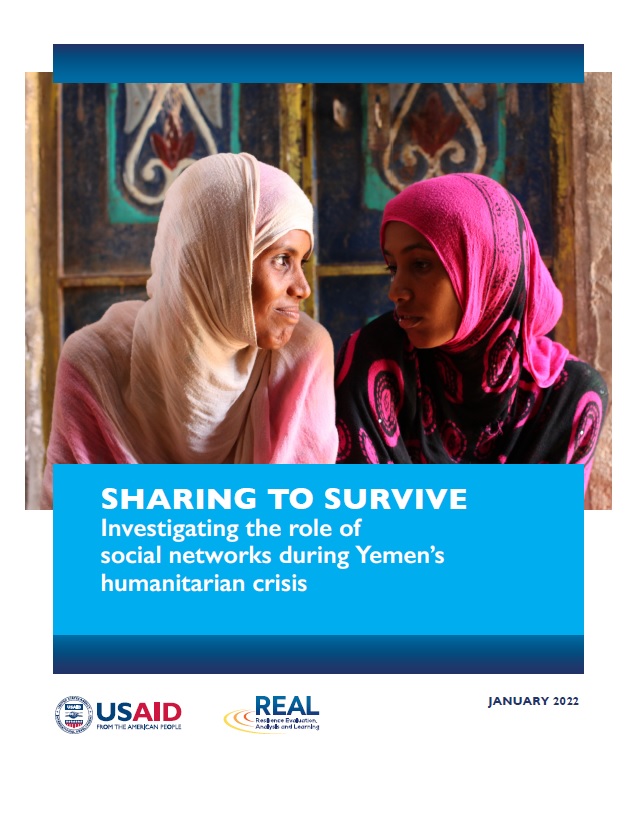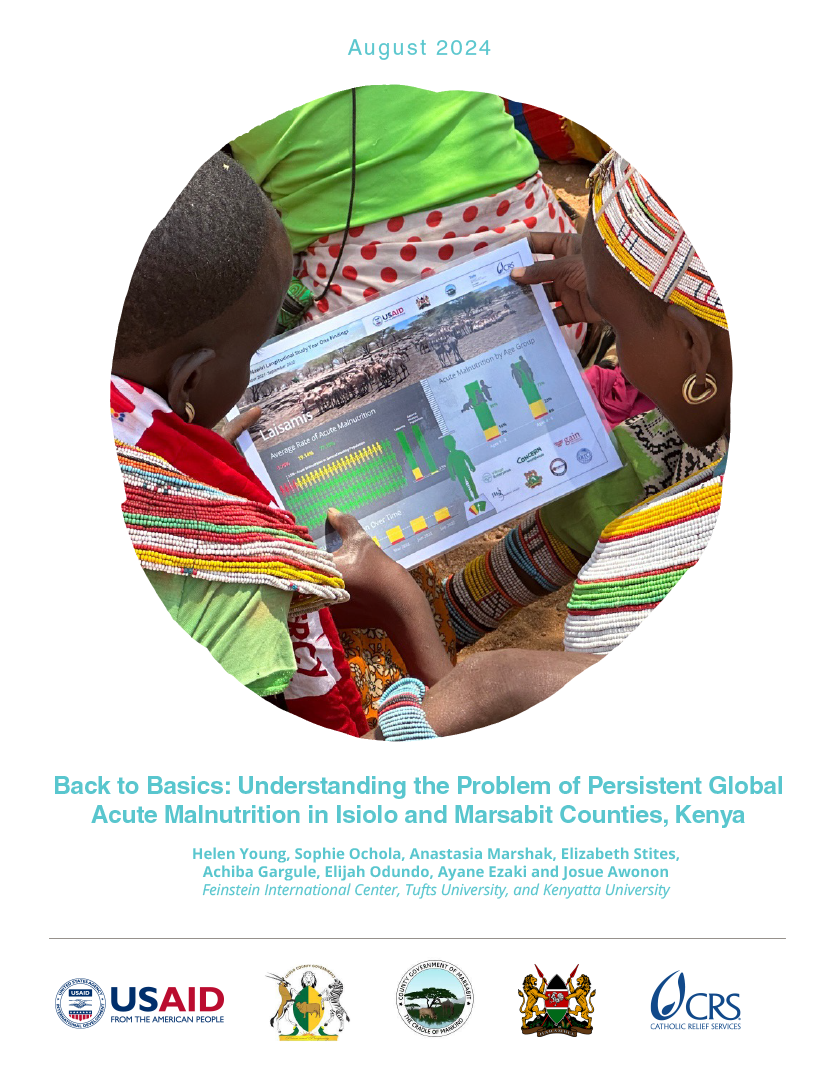After more than seven years of conflict over 20 million Yemenis—66% of the population—are in need of assistance. Nonetheless, the humanitarian response in Yemen remains severely underfunded. So how are Yemenis coping? Experts on food security, research from other contexts, and Yemenis themselves have pointed to an obvious but under-recognized answer: social connections and social networks.
Drawing on in-depth interviews with nearly 150 households in Taiz, Yemen and global subject matter experts, this study examines the ways in which Yemenis have relied on their social networks to survive. Ultimately, the report seeks to:
- Contribute to the growing body of evidence on informal social protection networks and the critical role they play in enabling households to cope with and adapt to protracted crises;
- Investigate the relational rather than individualistic nature of resilience in the context of protracted crises;
- Inform the aid community about the nature and dynamics of social networks in Yemen so that external assistance can be designed to complement these networks and localized responses.
Interviews showcase that the extraordinary social solidarity of Yemeni households has been key in preventing a further deterioration of humanitarian conditions; households are relying on the tangible and intangible resources mobilized through their informal support networks to cope and survive. After nearly seven years of conflict, resource depletion, and the COVID-19 pandemic have brought these networks under unprecedented strain. However, aid actors have failed to fully account for the role of social networks in their response. This report provides recommendations for donors, policymakers, and practitioners on the ways in which aid actors can account for and bolster informal support networks, and at the very least avoid undermining them.
This report is also available in Arabic.
Photo credit: Cassandra Nelson, Mercy Corps







